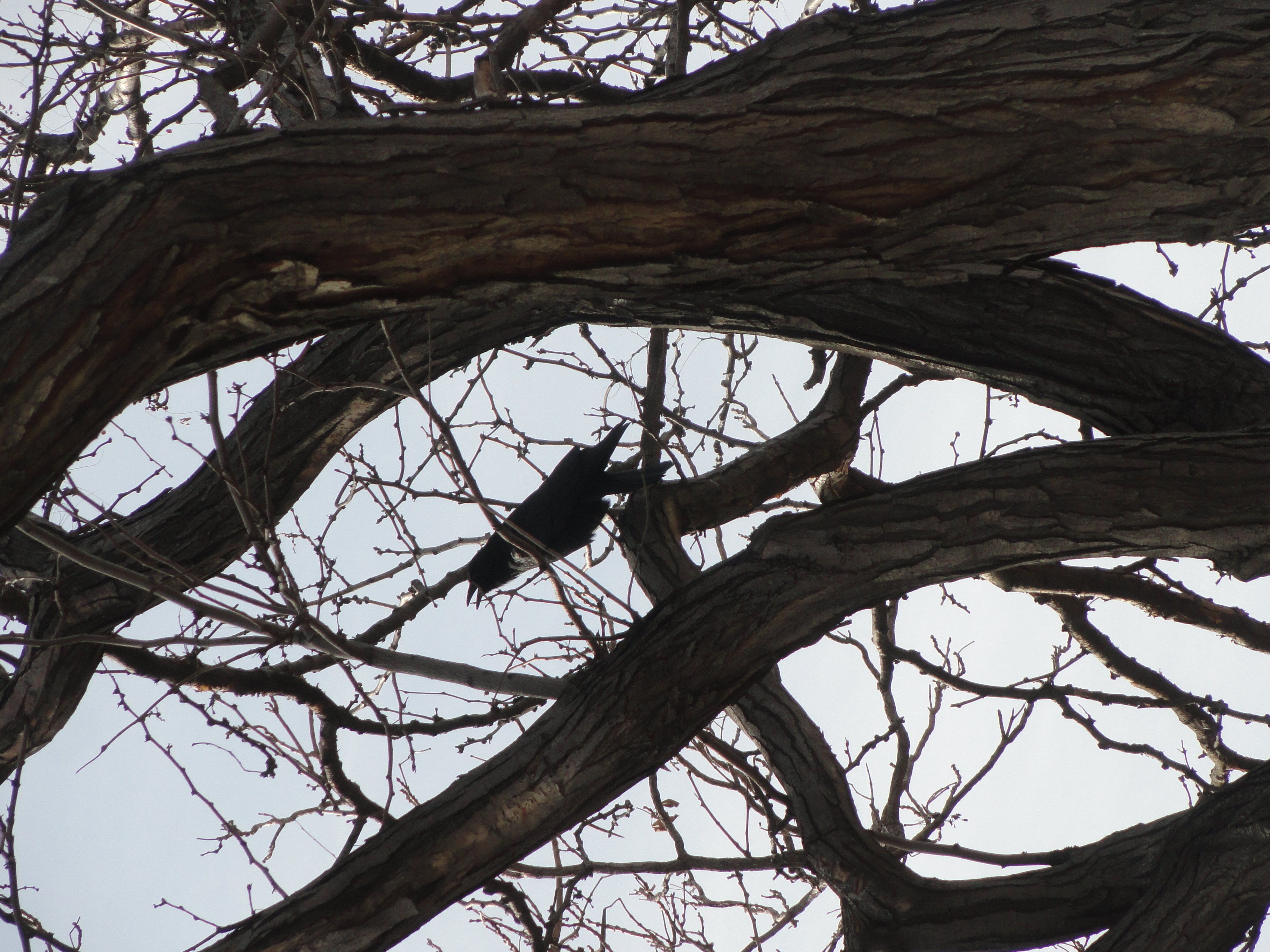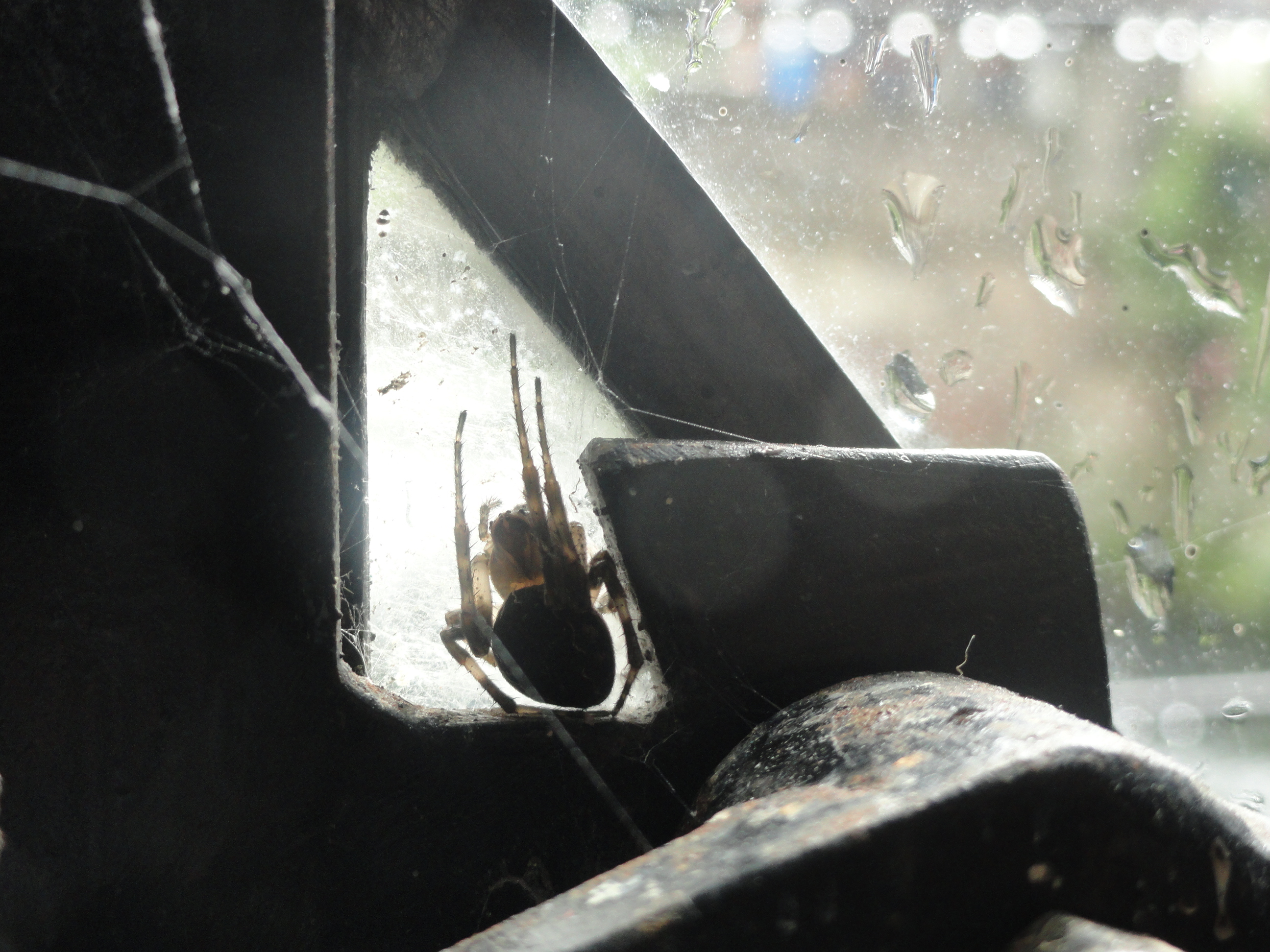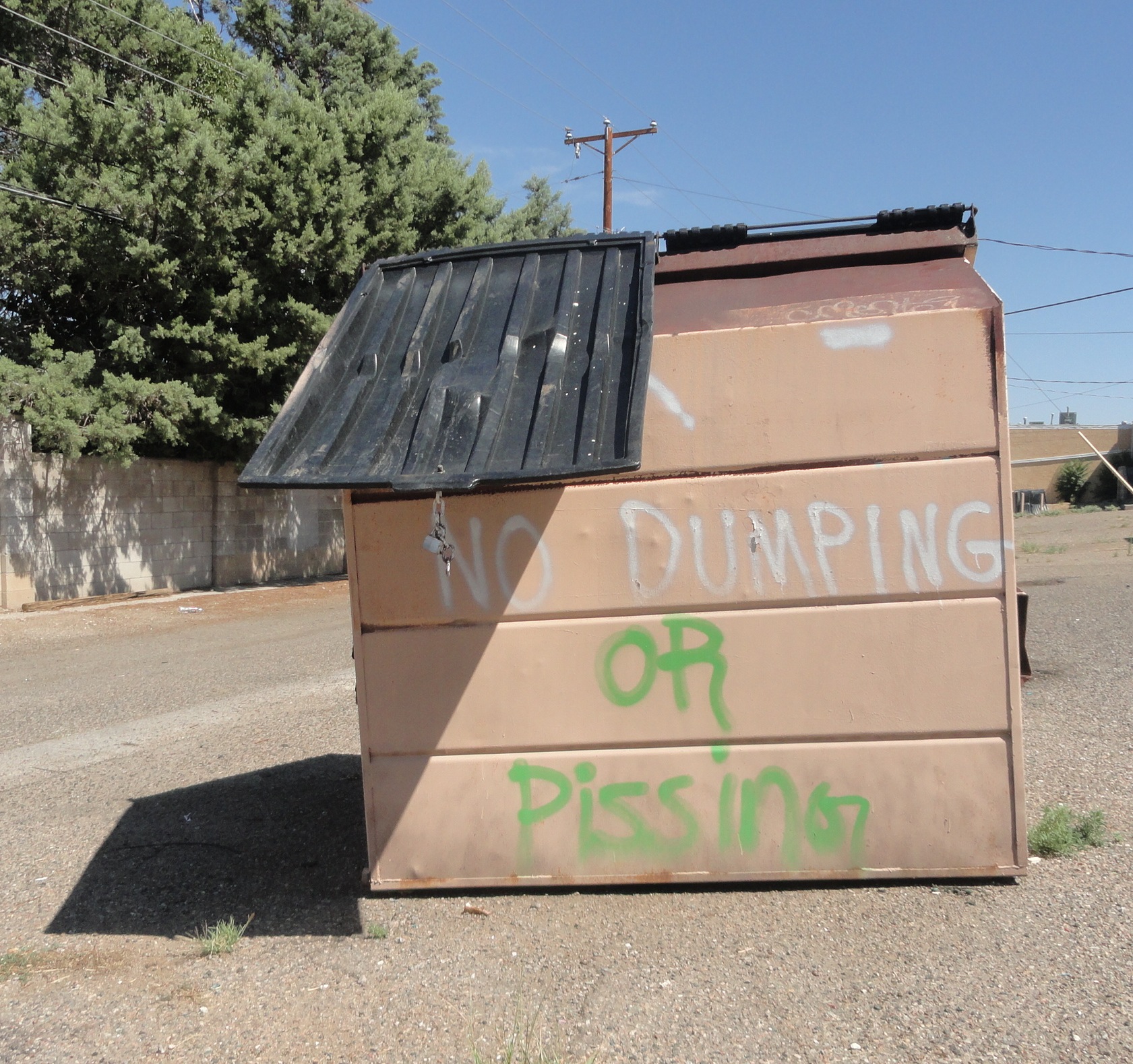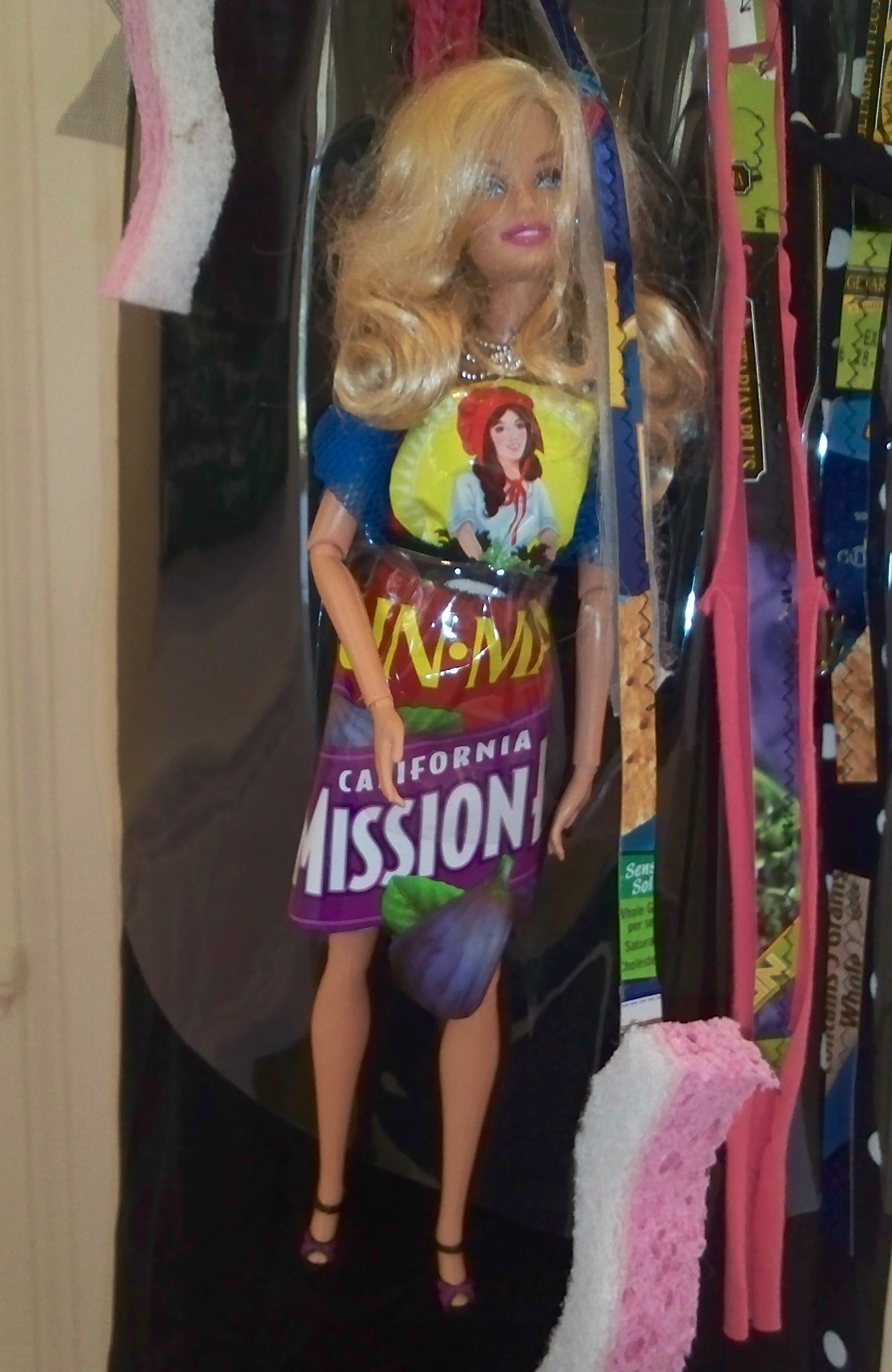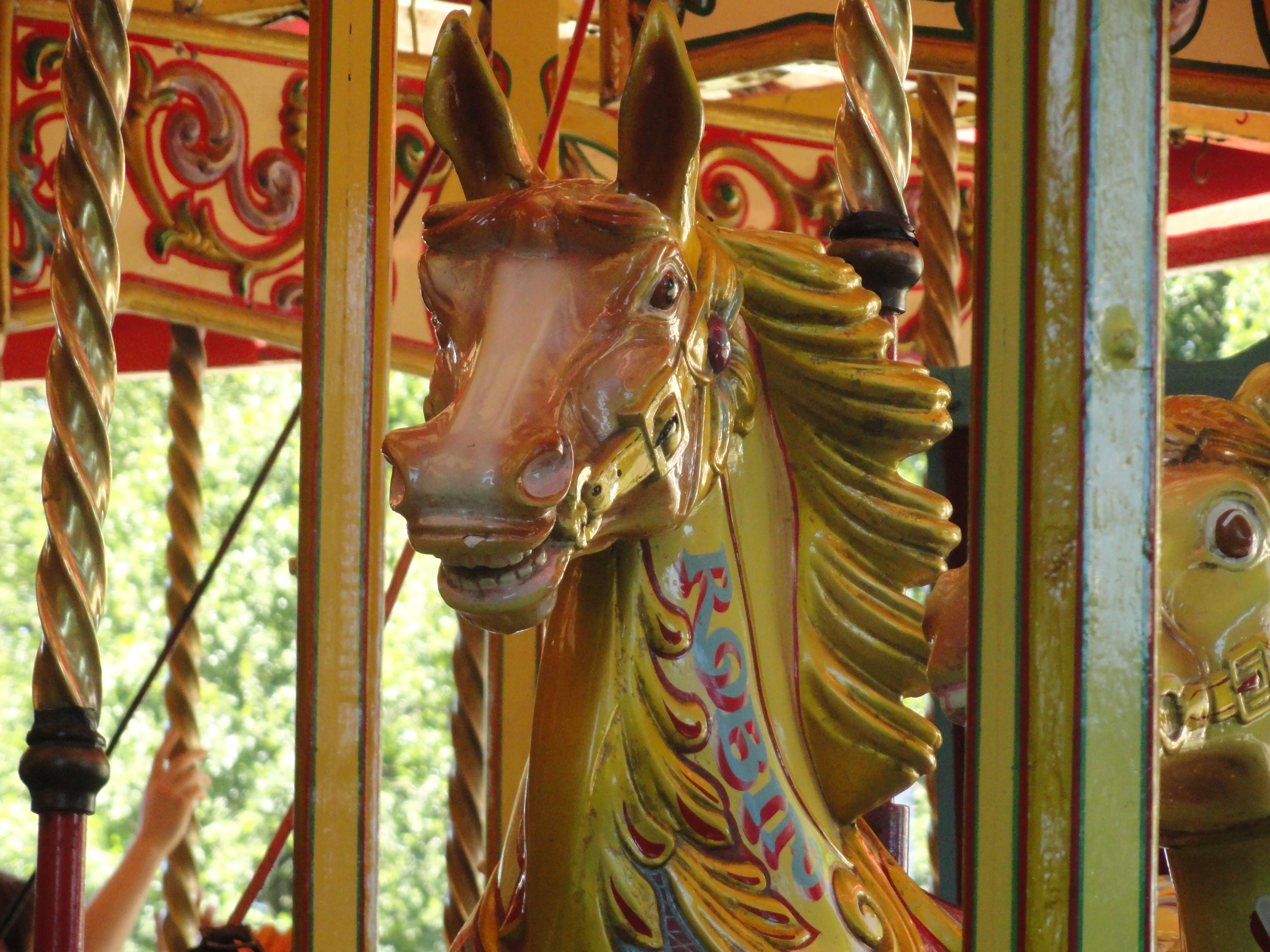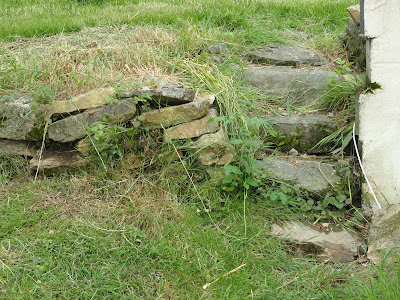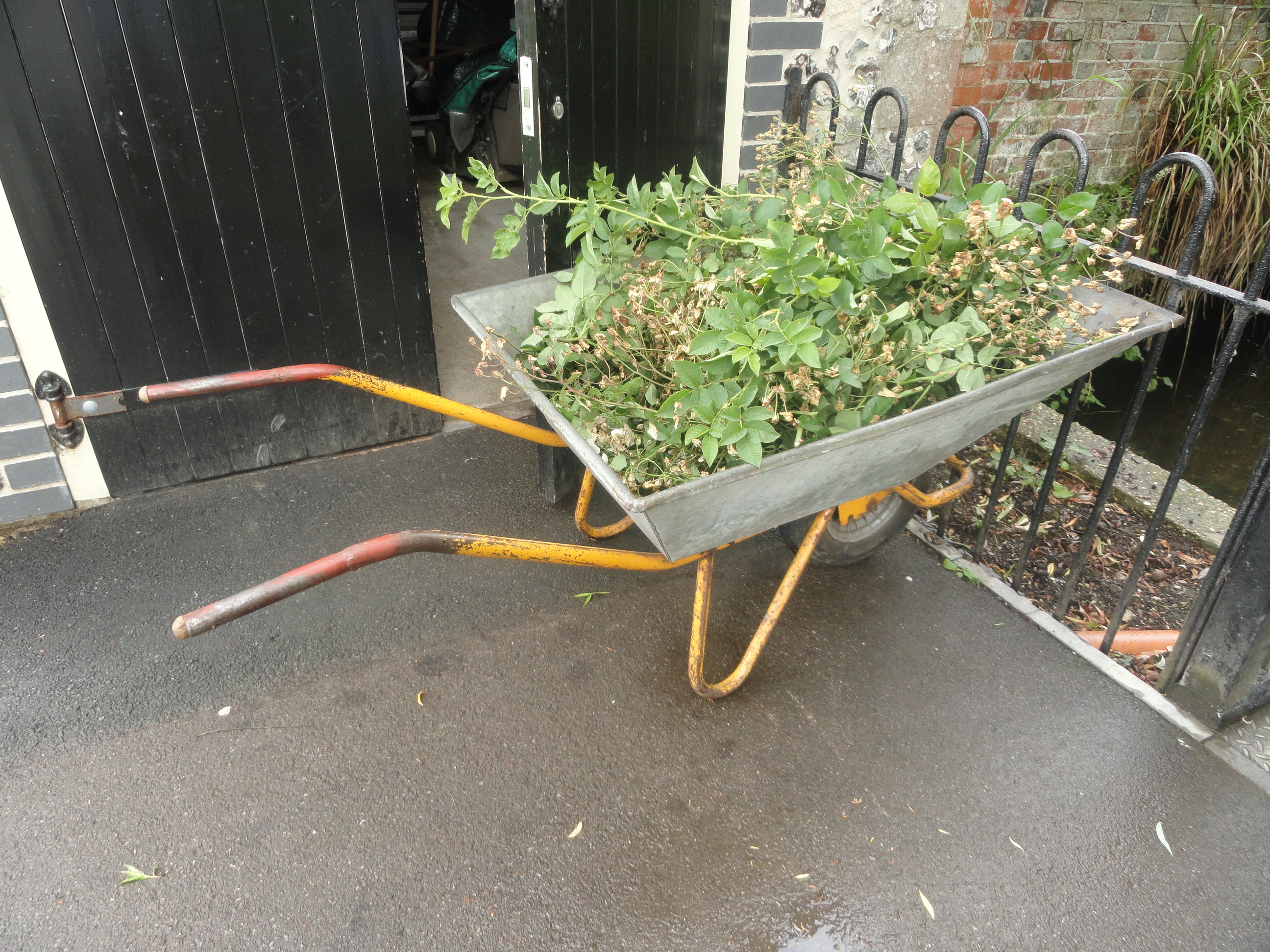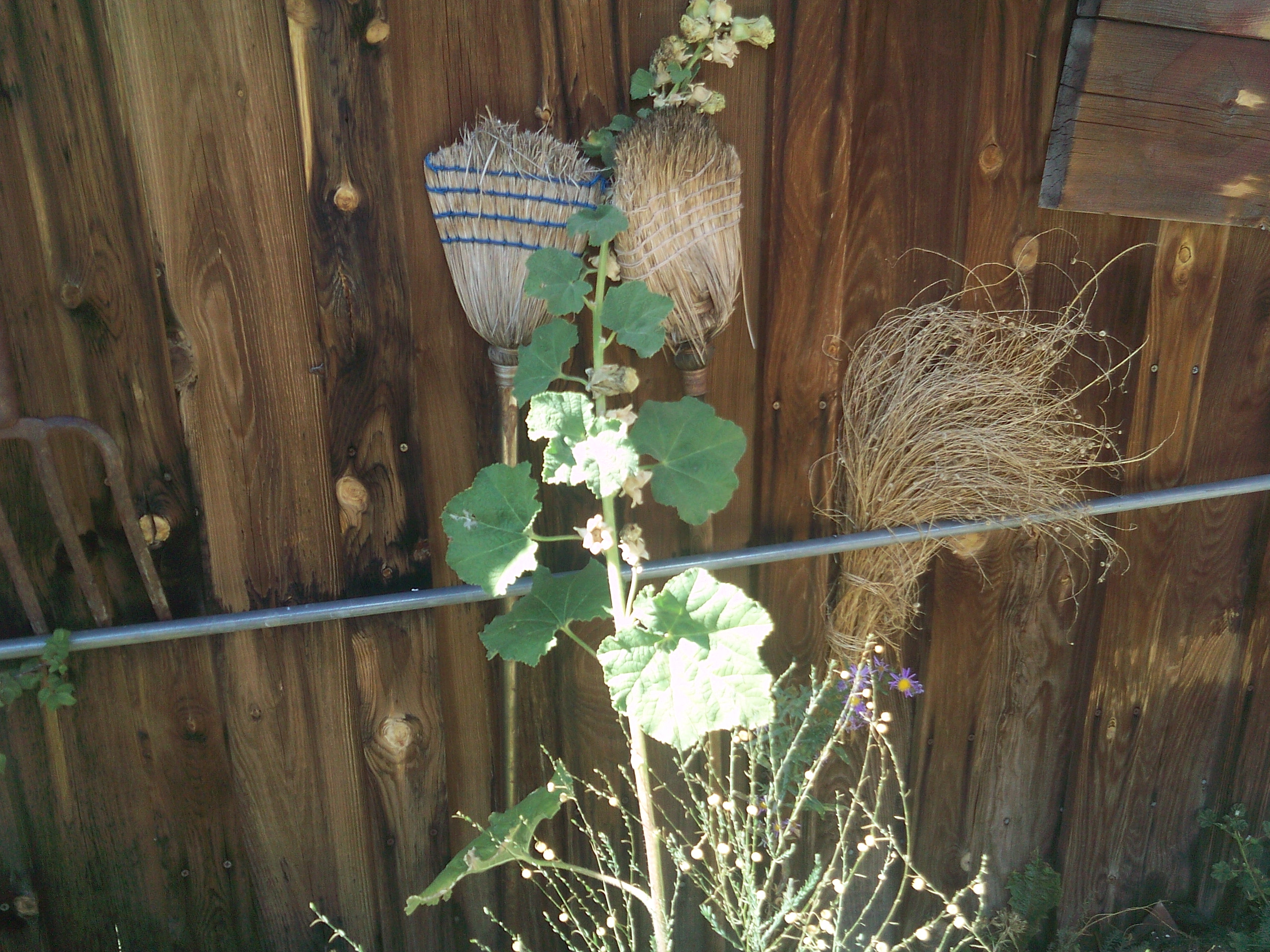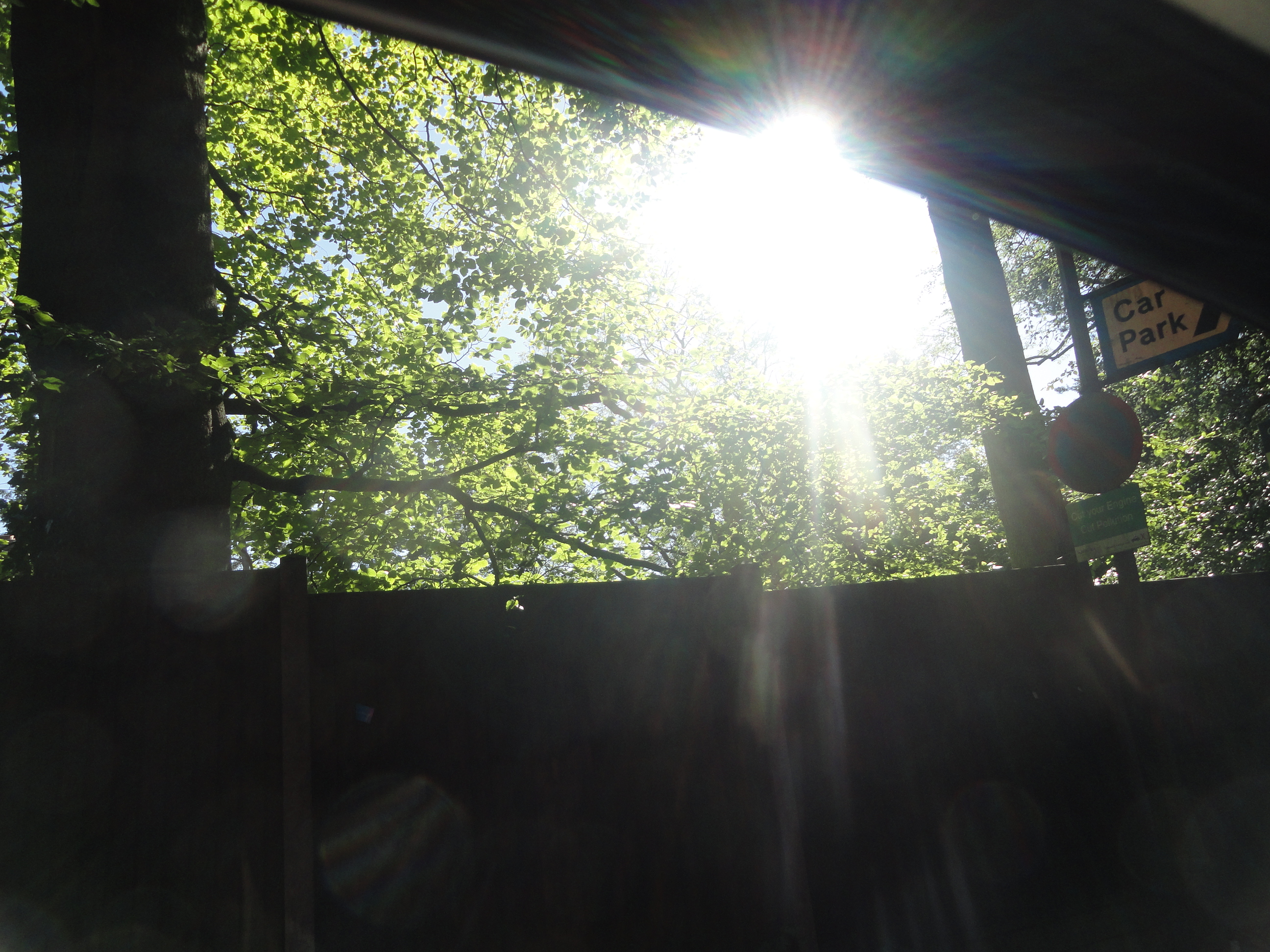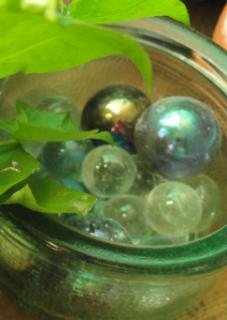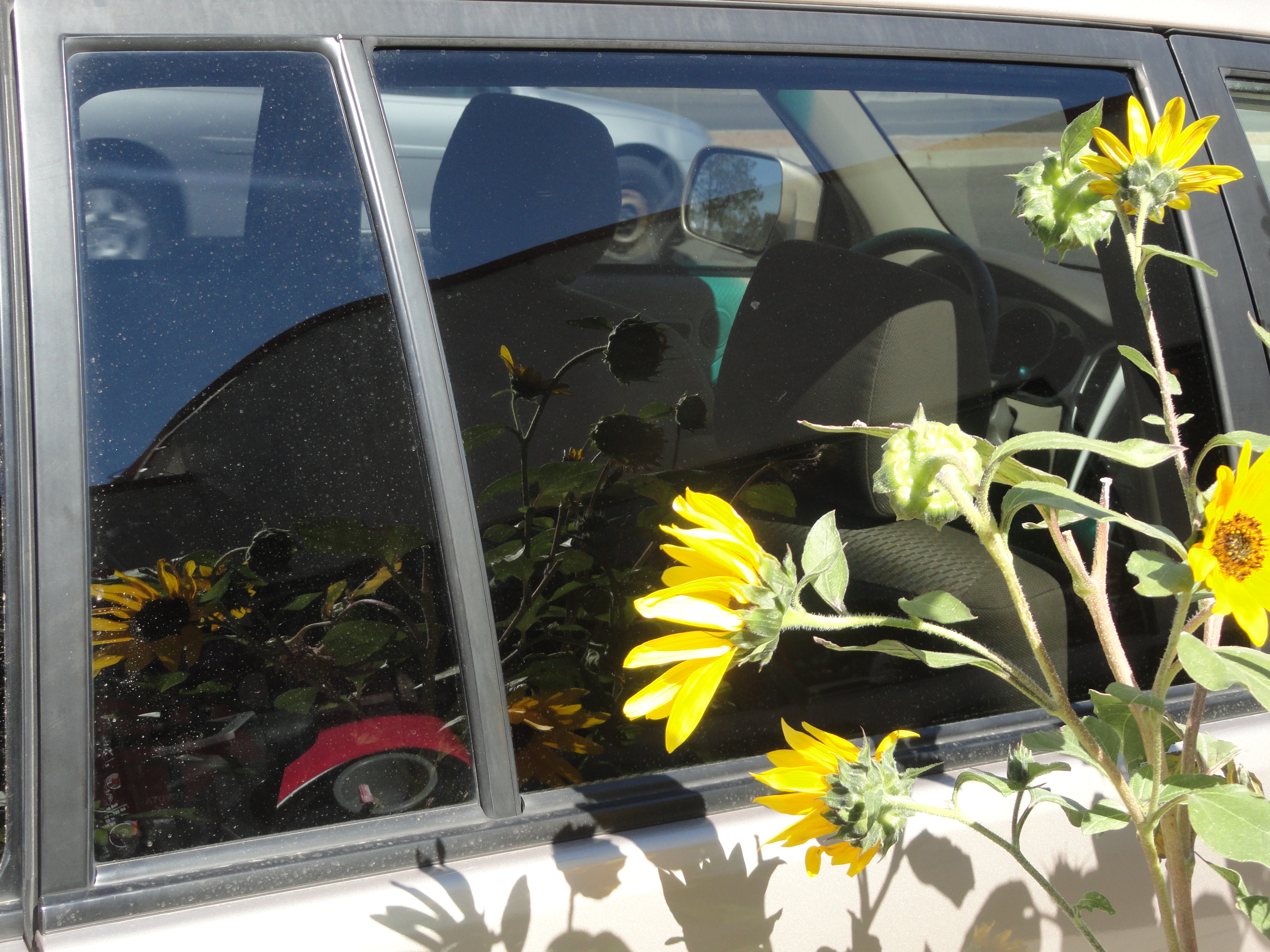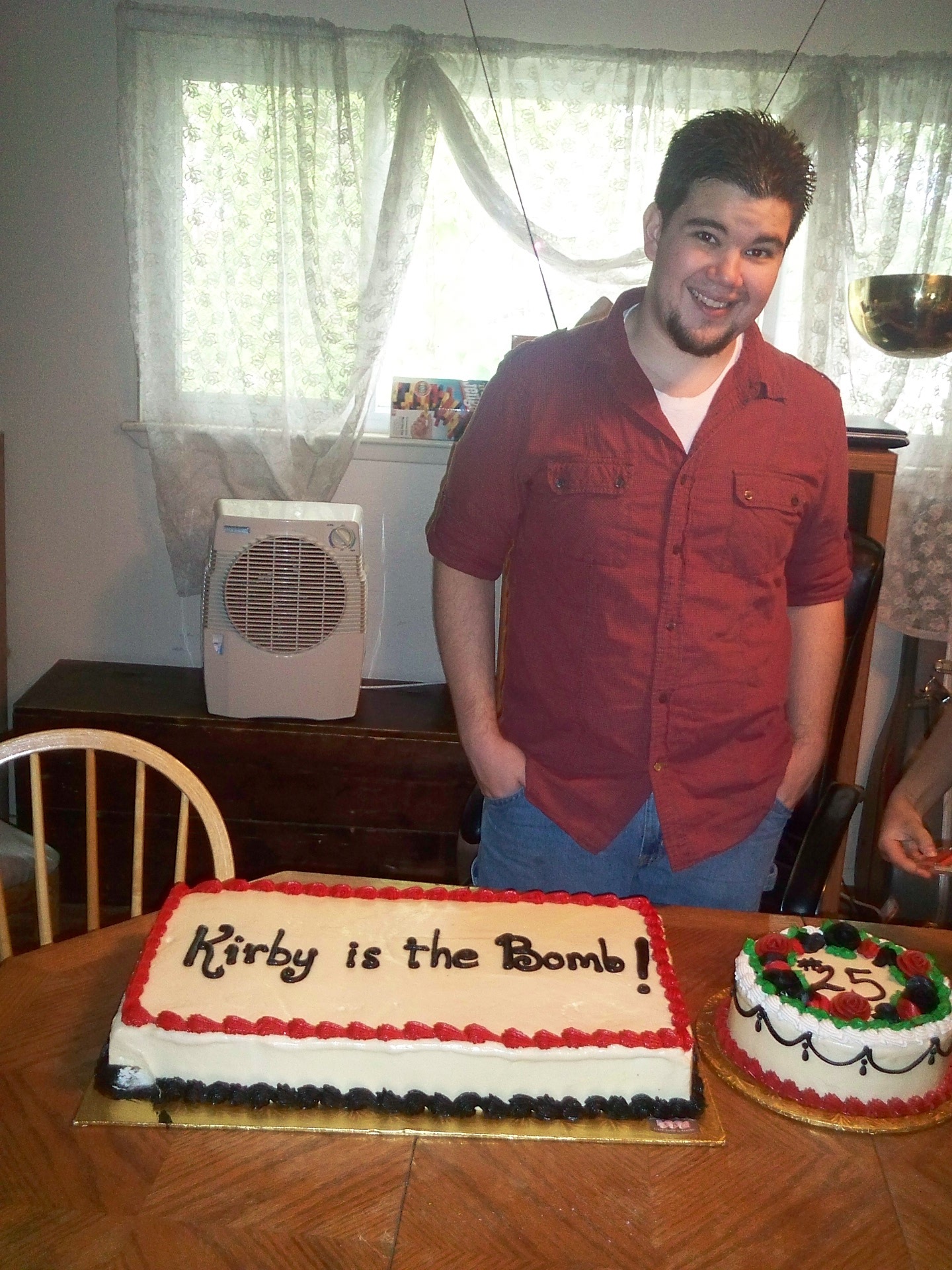Pam Sorooshian wrote:
Take them to the grocery store.
...While you're there, look at the weirdest thing in the produce department. Bright orange cactus? BUY one. Go home and get online and try to figure out what to do with it. Or just slice it open to see what is inside.
Or buy a coconut—shake it to see if it has liquid inside. Let the kid pound on it with a hammer until it cracks open. While they're doing that, do a quick google on coconuts so you have some background knowledge. Don't "teach" them—but if something seems cool, just say it as an interesting, cool thing to know, "Wow, coconuts are SEEDS! And, oh my gosh, they sometimes float in the ocean for years before washing up on some island and sprouting into a coconut tree."
How about a pineapple—bought one fresh, lately? Talked about Hawaii? Just say, "Aloha," while handing the kids a slice. Or, maybe you'll get really into the whole idea of Hawaii and you'll see connections everywhere—Hawaiian shirts at the thrift store, flowers to me leis, someone playing a ukelele, a video of a volcano exploding (maybe that will inspire you to want to make your own volcano with baking soda and vinegar).

I'm not saying to prepare a lesson on cactus or coconuts or pineapples. I'm saying that if you're not already an interesting person with interesting information to share with your children, then you'll have to make an effort to be more interesting. The way to do that is to develop your own sense of curiosity, wonder, fascination, and enthusiasm.
—Pam Sorooshian
Building an Unschooling Nest
photo by Sandra Dodd



